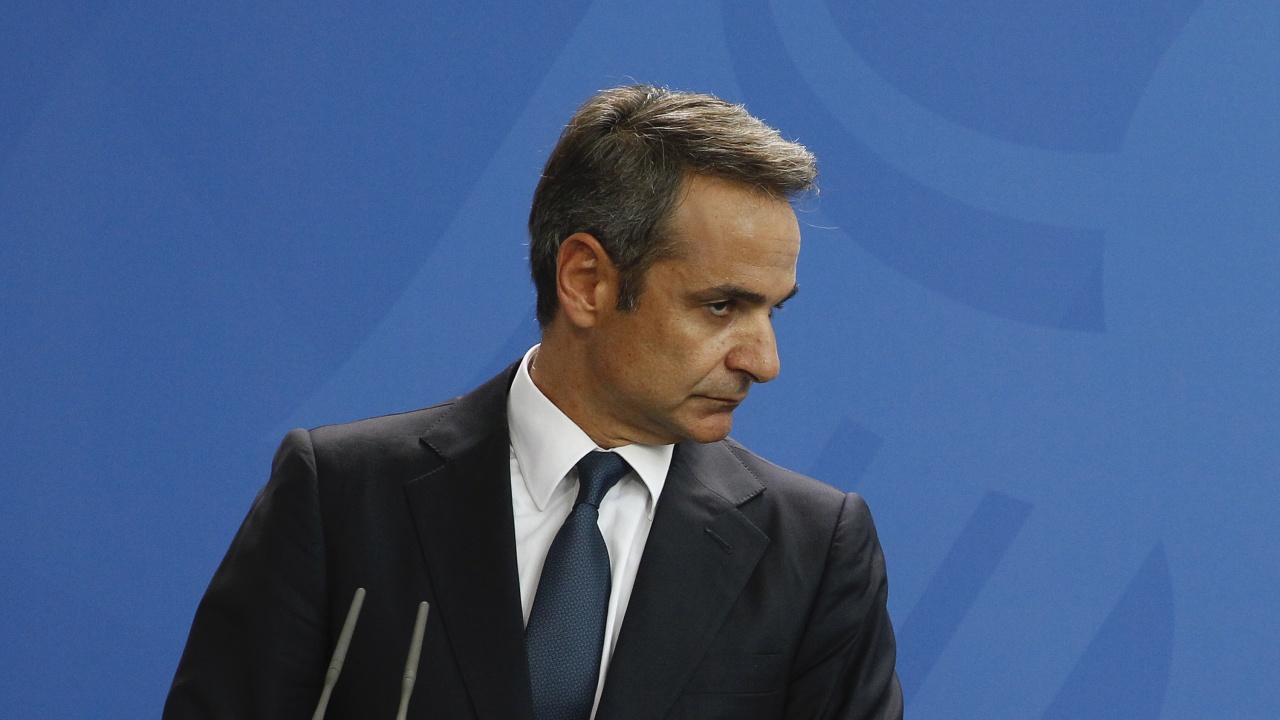Greece provides additional aid for pensioners and businesses affected by inflation, Reuters reported.
The Greek government today announced aid funding for pensioners, farmers and businesses hit by inflation and high electricity bills, kicking off the introduction of new measures just months before parliamentary elections.
The government of Prime Minister Kyriakos Mitsotakis
Kyriakos Mitsotakis - Greek economist and politician. Mitsotakis was born in Athens on March 4, 1968. As of 2020, more than €40 billion has been spent on subsidies to help households and businesses struggling to cope with the effects of the pandemic. from COVID-19 and the war in Ukraine.
Last month, the Greek government introduced an 8 percent increase in pensions - the first since the 2010-2018 financial crisis, which forced Greece to cut pensions at the expense of around 260 billion euros in bailouts.
However, almost half of the pensioners in the country did not manage to benefit from the increase, as they did not meet the criteria for the given subsidy.
The new aid package, which will have an approximate size of 800 million euros, will include the payment of one-time benefits until the month of April worth between 200 and 300 euros for about one million pensioners, announced the Greek Minister of Finance Christos Staikouras in a comment on television.
Greece covers 10% of household food purchases
He added that the temporary reduction in value added tax for transport, coffee and soft drinks will be extended by six months until the end of the year.
"The measure aims to support businesses, as these sectors were particularly affected financially by the pandemic and still have increased operating costs due to the energy crisis," he explained.
Annual EU-harmonized inflation in Greece slowed to 7.3 percent in January from 7.6 percent in December, hitting the lowest level since January last year, data showed today.
Despite the sharp rise in energy costs since last year, the Greek economy is showing good development, thanks to increased income from tourism.
For the first time since 2019, Greece expects economic growth of 1.8 percent and a primary surplus of 0.7 percent of gross domestic product this year.
Higher-than-expected budget revenues in 2022 and positive economic results mean that the new aid package will not threaten the country's fiscal goals, the Greek finance minister said.
Greek farmers will also receive a refund of fuel taxes paid for 2023 and benefit from faster payment of outstanding natural disaster benefits.
Kyriakos Mitsotakis
